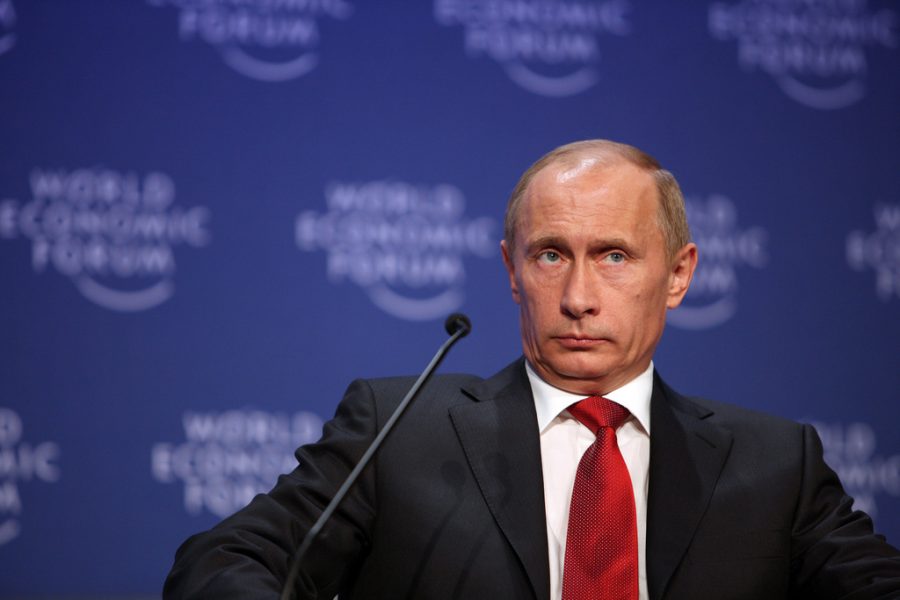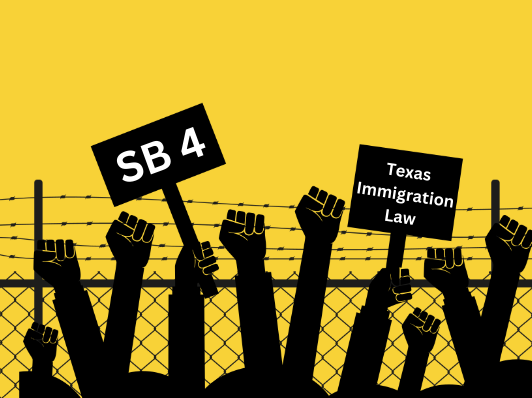Putin Issues Threats Against The United States
On Feb. 20, invoking an atmosphere similar to the tension seen during the Cold War, President Vladimir Putin warned the United States over stationing missiles in countries neighboring Russia, even going so far as to threaten to target the U.S. if the warning is ignored. In his state of the nation address, he also threatened to target nations hosting these missiles. These warnings come after the U.S. withdrew from the Intermediate-Range Nuclear Forces (INF) Treaty earlier this month to develop its own systems, after accusations of Russia violating the treaty to develop their own missiles in Moscow. The response to President Putin’s threats has been one of shock, with the North Atlantic Treaty Organization (NATO) calling these threats “unacceptable.”
Although missile threats from around the globe seem like nothing new, the plenitude of these warnings do not alter the grave dangers of the threat. These missiles require merely a few minutes to strike their targets, allowing little to no time to carry out decisions before the time of the impact. These possible high pressure situations also lead to an increased likelihood of a false alarm. As seen with the false missile warning in Hawaii on Jan. 13 of last year, chaos can ensue in the event of a false alarm. Along with this, if a true missile is fired toward a city in the future, with the amount of false warnings that have been reported on by the media, many people will not know if the missile is real or not.
“I think they should definitely be taken into consideration because Putin can be irrational at times,” Saatvik Billa ‘21 said, “I think Trump is aggravating the situation. He’s kind of all talk but at the same time we should take things into consideration to try and work out a diplomatic approach.”
Russia’s modern missile Zircon, Putin claims, can be deployed on submarines as well as land targets at a range of 620 miles and at nine times the speed of sound. The United State’s own missiles, planned to be deployed in Europe, would only take 10-20 minutes to reach Moscow. Putin says that Russia is ready for negotiation with the United States; however, he claims that Russia will not initiate these talks.
“I think that based on how Trump handles the relationship between Russia and the U.S.,” Billa ‘21 said, “I definitely think that countries would be inclined to break off relations with the U.S. if Trump does not handle [this situation] properly.”
Although these threats seem aggressive, Putin is also consciously aware of the historical similarities of this incident, and he is determined not to replicate them. A costly arms race, combined with decreasing oil prices, led to the Soviet Union’s downfall in the 1980s. With this information in mind, President Putin must try to negotiate with the United States to prevent a second collapse.
“[The best possible move is a] continuation of sanctions,” Sonny Stentson ‘20 said. “I think Donald Trump’s decision to pull out of that ‘Cold War era’ nuclear deal was a bad move. I think it gives Russia more room to expand their already powerful military. Unless the U.S. takes action to sanction and facilitate Russia’s military expansion, we are going to see a continuation of the deteriorating functions.”
According to some, U.S.-Russia relations are as low as they have been since the Cold War, particularly after the allegations of Russia meddling in the 2016 presidential election. Putin’s popularity is rapidly decreasing with Russian citizens as well, and the promises of improving education and welfare payments, which remain the primary focus of Putin’s national address, may not even occur due to Western sanctions and a drop in oil prices. With all of these factors in mind, the stability of the relations between the United States, Russia, and the Russian people are weakened according to some, and only time will tell how strong the response, whether it involves missiles or not, will be.

When I'm not writing, I listen to music a lot, and I love dance and psychology. This is my third year on press, and when I'm not editing stories, I'll...







